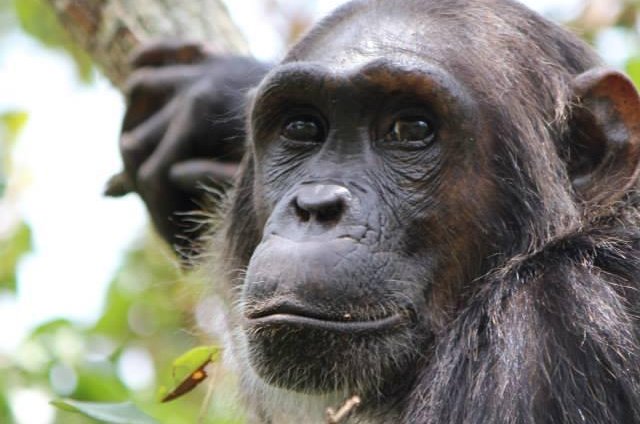RALEIGH, N.C., Jan. 11 (UPI) -- When chimps seek out a mate, they look for a chimpanzee with a very different genetic makeup. Genetic opposites attract, according to researchers at Duke University.
Biologists tracked the mating behavior of chimpanzees living in Gombe National Park in Tanzania and found chimps can discern varying degrees of genetic similarity among potential mates. Chimps prefer to mate with the least similar genetically.















